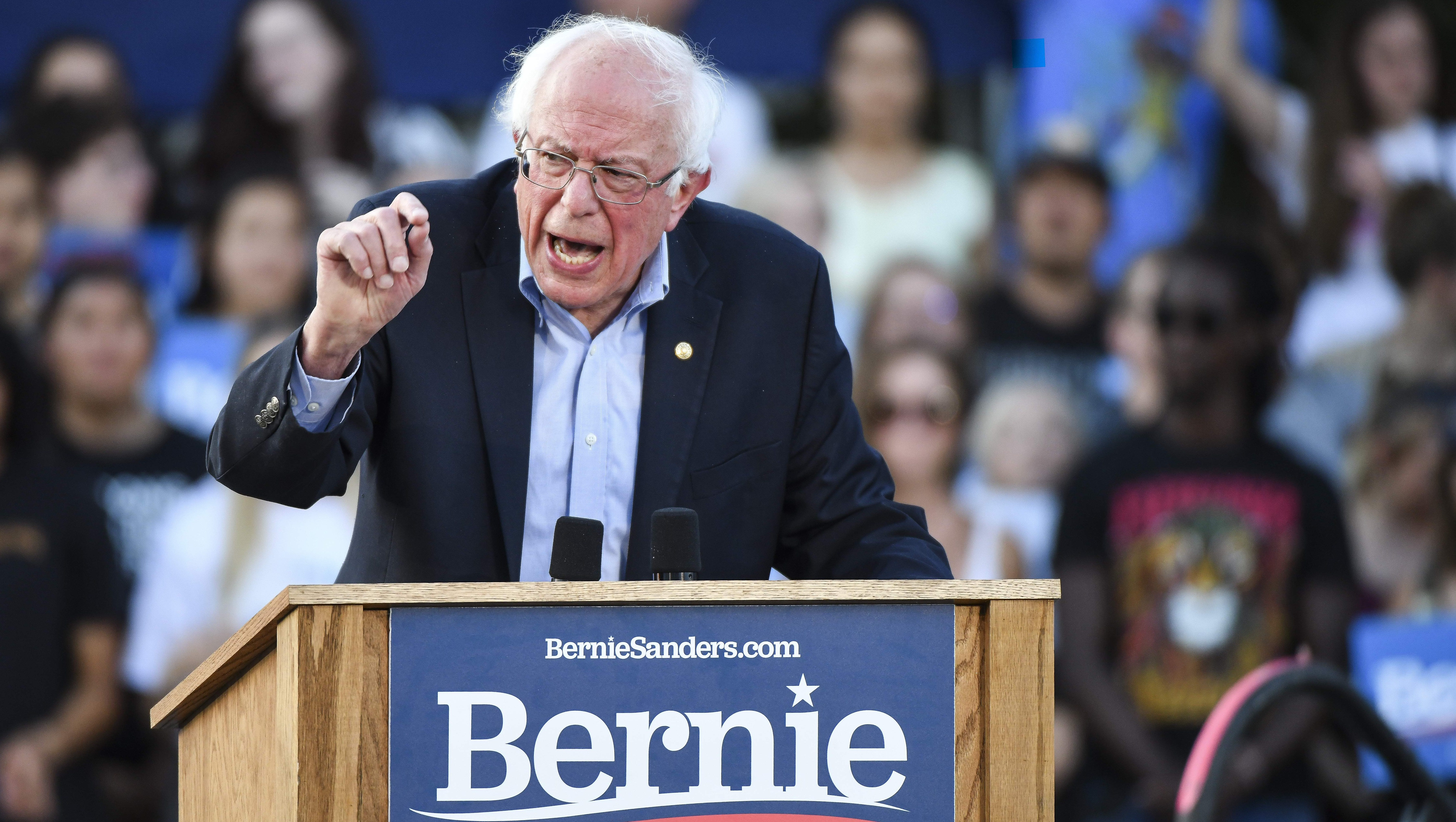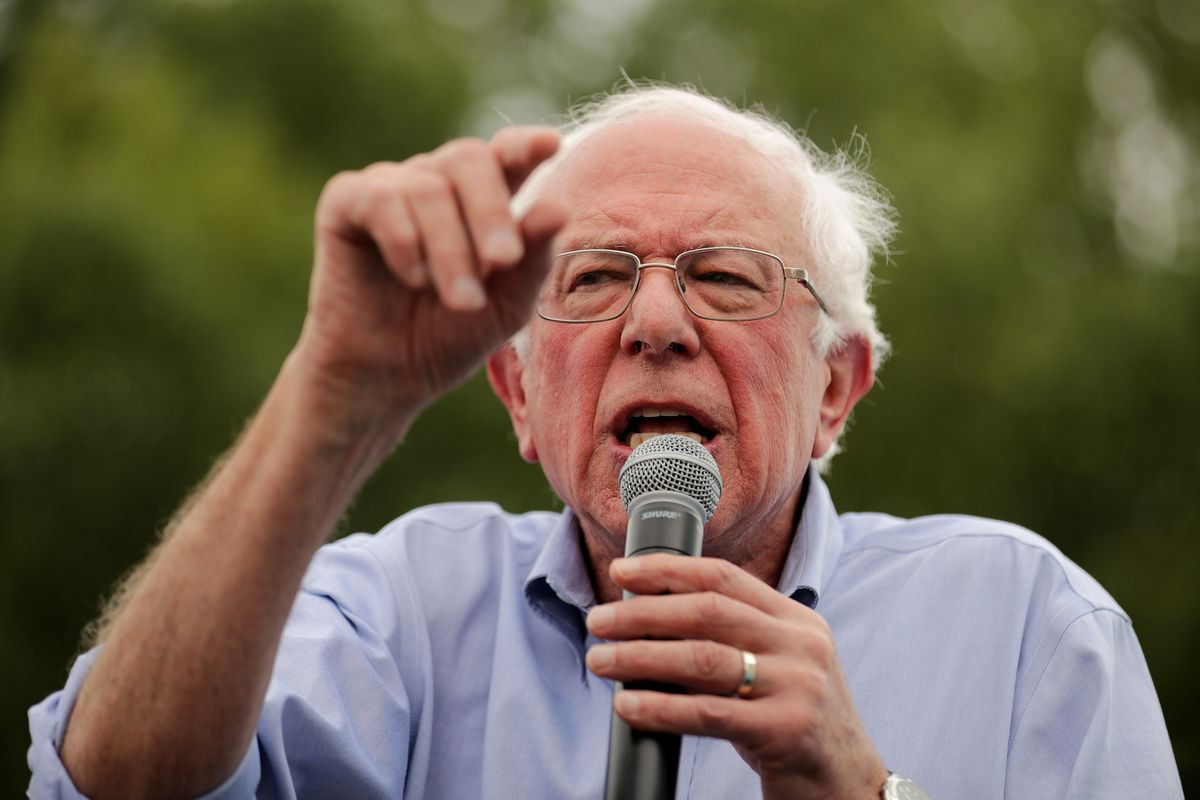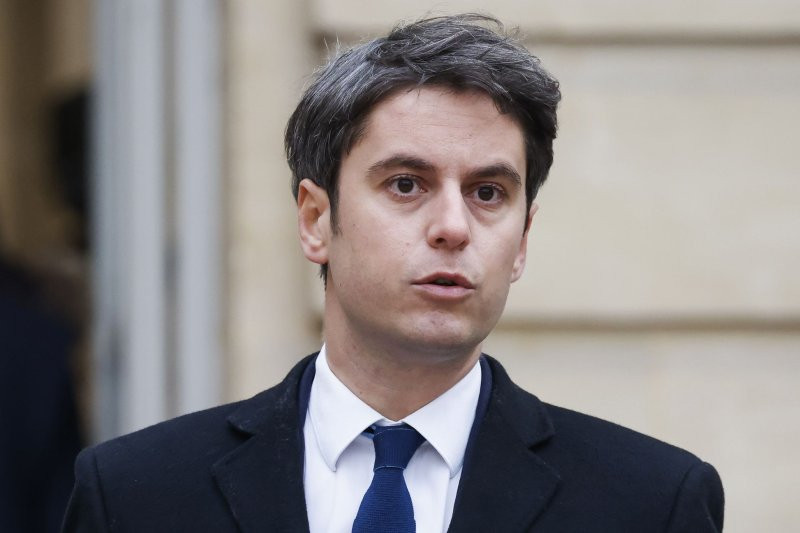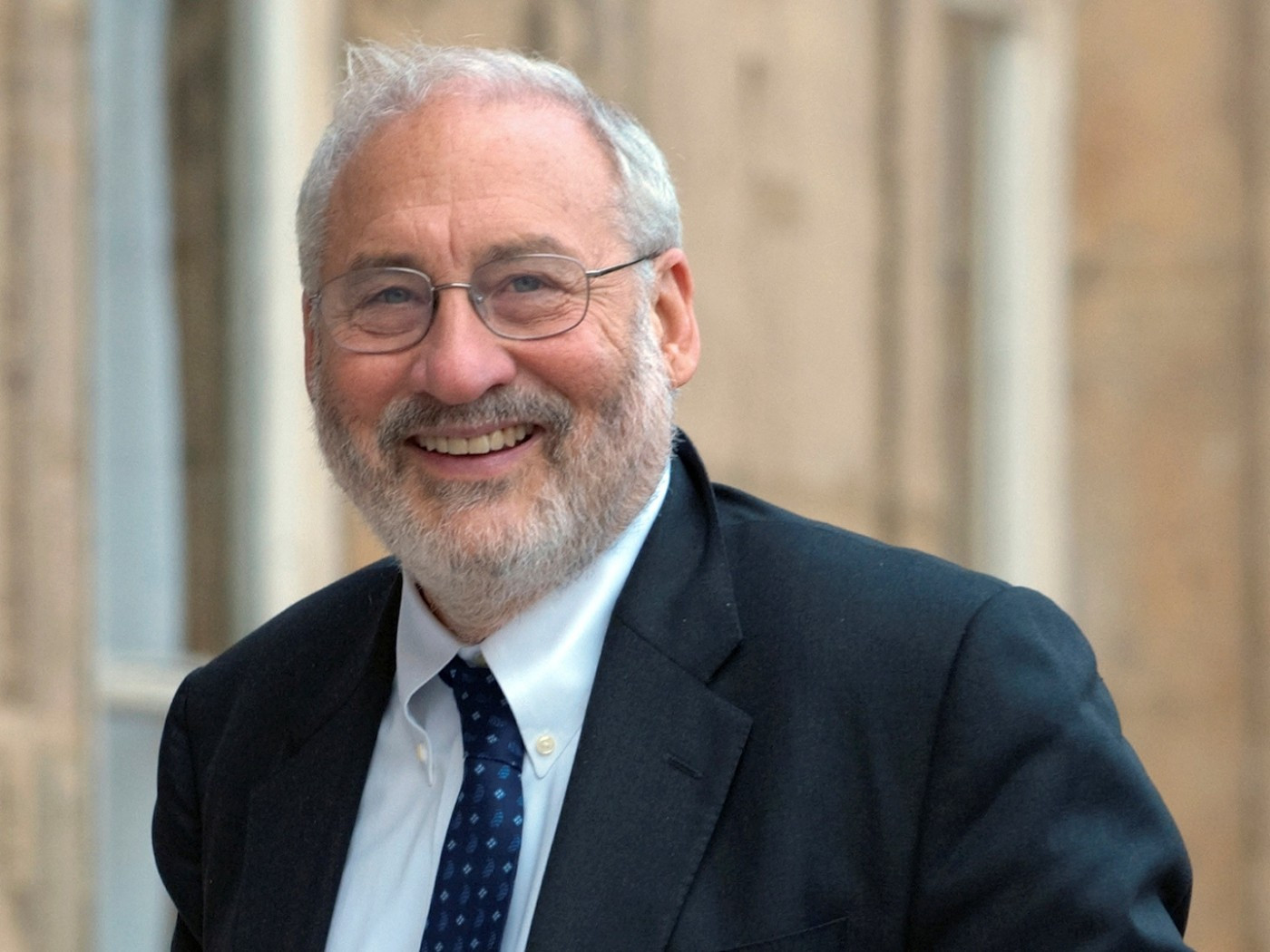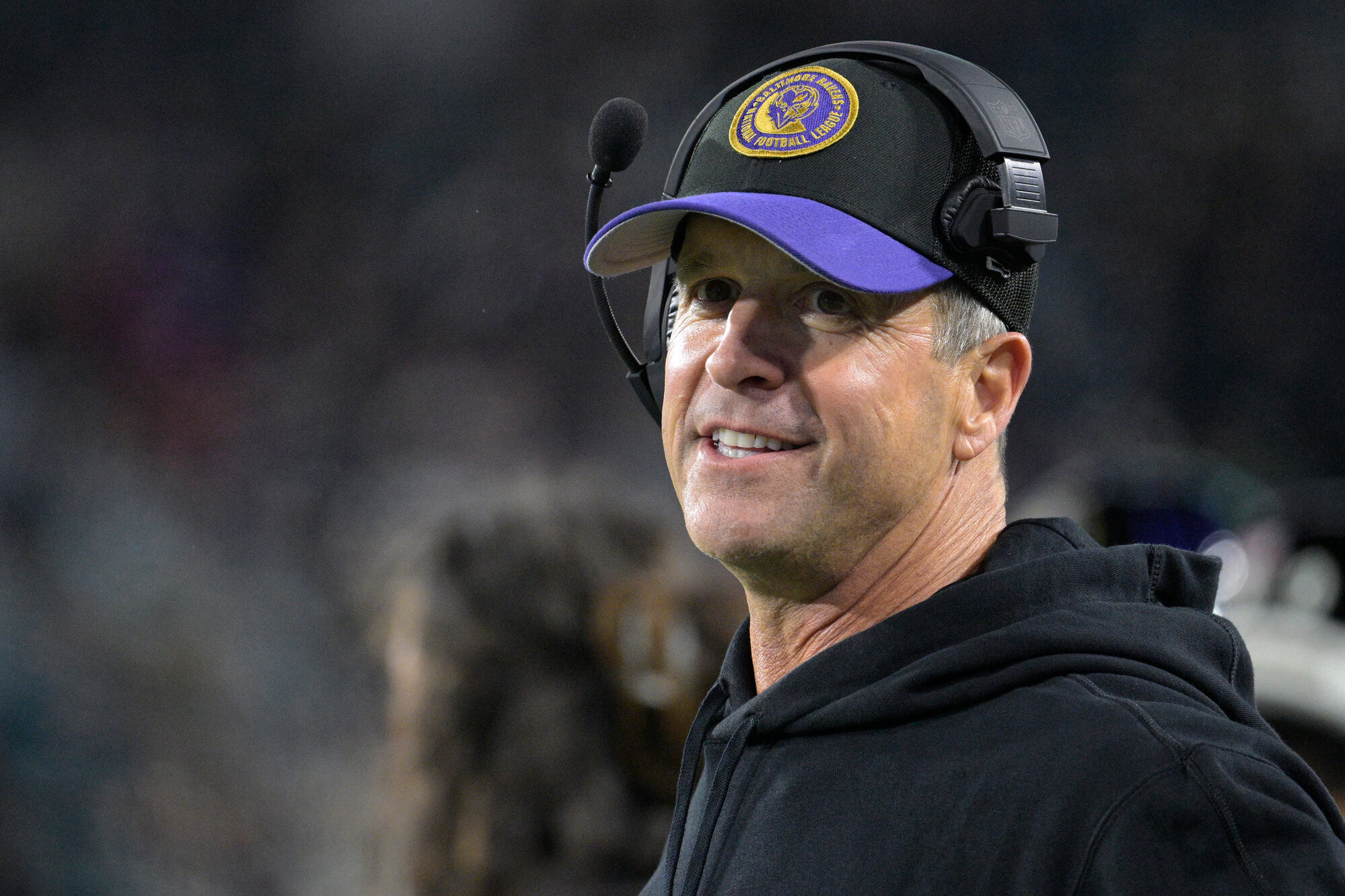Senator Bernie Sanders (I-VT) spoke at the Democratic National Convention Tuesday night in a fiery speech that laid out a worker-oriented, populist vision for Democratic governance. Pointing to the dire state of the country in 2020, he touted the administration’s COVID record, arguing that it was proof that “when the political will is there, government can effectively deliver for our country.”
Now, he suggested, there is something wrong with the way the U.S. is run, arguing that there are too many Americans struggling to make ends meet. Instead, in perhaps a subtle critique of the current administration, he proclaimed that “we need an economy that works for all of us, not just the billionaire class.”
Sanders argued that Democrats must prioritize broad social welfare initiatives, including expanding access to healthcare, cutting prescription drug costs, raising the minimum wage, promoting union membership, strengthening public education, and guaranteeing that every American can attend college.
In a direct rebuke to Democratic Party elites that rebuffed his campaign in 2016, he asserted that the time has come to get big money out of the American political process. “Billionaires in both parties should not be able to buy elections,” he said, “including primary elections!”
Sanders’s speech was notable for the relative absence of both of the main political characters of the day. Neither Donald Trump nor Kamala Harris featured prominently in his address, although he did direct a jab at the Heritage Foundation’s Project 2025. Instead, he kept his vision for a new Democratic Party firmly in the spotlight.
He ended his speech with a call for Democrats to stand up against wealth and power at home and abroad—at home, by enacting the populist economic policies he laid out in his speech, and abroad by working to “end this horrific war in Gaza, bring home the hostages, and demand an immediate cease-fire.”
As he pronounced those words, a number of pro-Palestinian protestors outside of the convention were being led away under arrest by Chicago police forces.
Sanders Calls for an End to the Gaza War
Sanders’s call for an end to the war in Gaza was a notable moment in his speech, as it highlighted a key point of disagreement between him and the Biden administration. While Biden has been criticized by some for his handling of the conflict, Sanders has been even more vocal in his opposition to the Israeli government’s actions. He has also been a consistent critic of the U.S.’s relationship with Israel, arguing that it needs to be re-evaluated.
The war in Gaza has been a major focus of the Democratic National Convention, as the party has attempted to strike a balance between supporting Israel and defending Palestinian rights. Sanders’s call for an end to the conflict is likely to be seen as a sign that he is willing to challenge the party’s traditional support for Israel.
Sanders Lays Out His Vision for a New Democratic Party
Sanders’s speech was a clear articulation of his vision for a new Democratic Party, one that is more populist and progressive than the party that has been in power in recent years. His focus on economic justice and social welfare programs is in line with his long-held beliefs and his 2016 and 2020 presidential campaigns.
His call for a fundamental change in the way the U.S. is run is likely to resonate with voters who are frustrated with the current state of the country. It is also likely to put him at odds with some of the more moderate members of the Democratic Party, who may be less willing to embrace such a radical agenda.
Sanders and the Biden Administration
Sanders’s speech comes at a time when the Biden administration is facing a number of challenges, including a sluggish economy, a divided electorate, and a looming war in Gaza. While Biden has been praised by some for his handling of the COVID-19 pandemic, he has also been criticized for his handling of other issues, such as the war in Ukraine and the economy.
It is unclear how Sanders’s speech will impact the Biden administration, but it is likely to add to the pressure on the president to deliver on his promises. Sanders’s speech is a reminder that the Democratic Party is far from unified, and that there is a significant group of voters who are demanding a more progressive approach to governance.
Looking Ahead
It remains to be seen how Sanders’s speech will affect the Democratic Party and the 2024 presidential election. But one thing is clear: he is not afraid to challenge the status quo and demand that the party move in a more progressive direction. His speech is a sign that the debate over the future of the Democratic Party is far from over.




